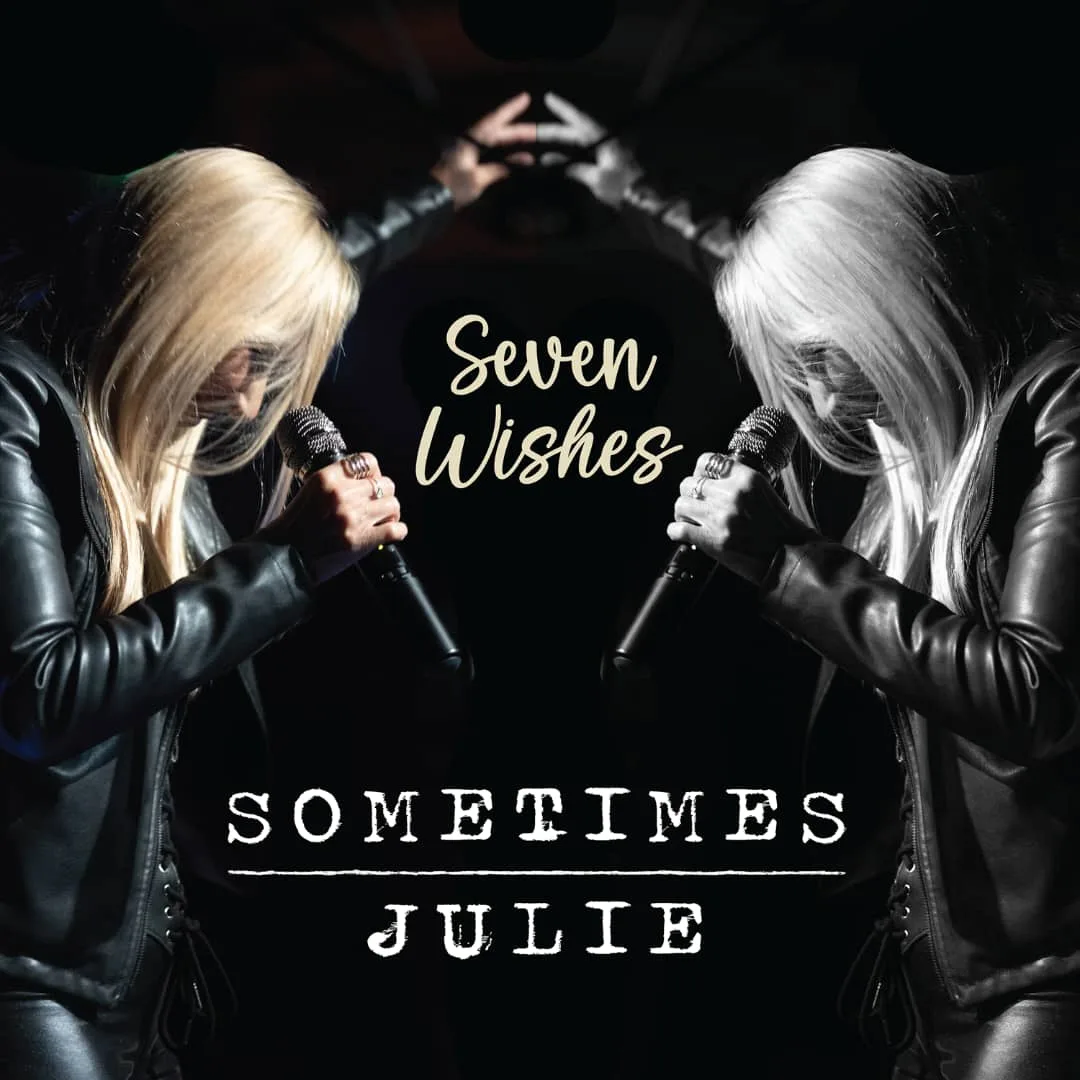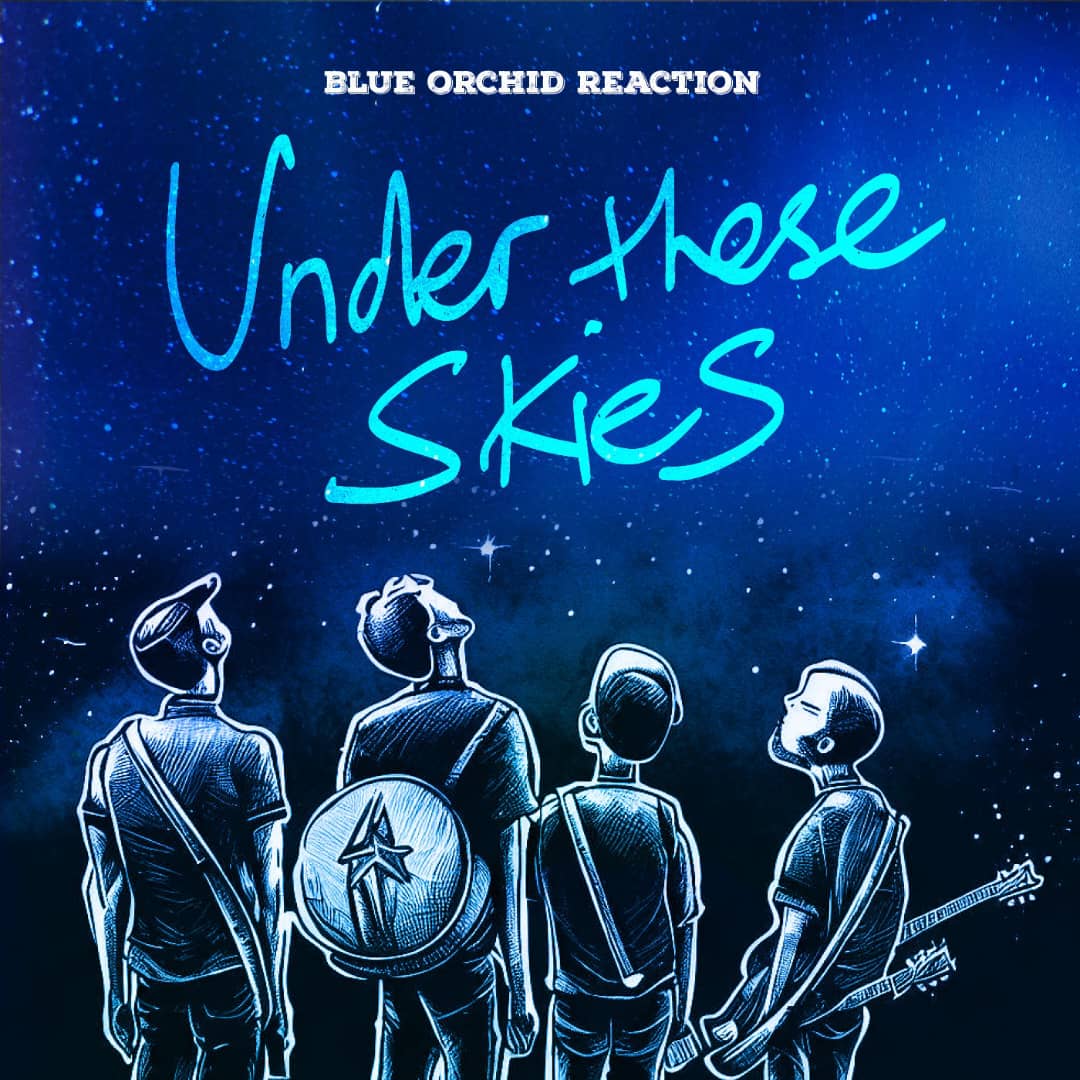Ben Aubergine’s journey isn’t one of rapid stardom or instant recognition; rather, it’s a story of enduring passion, an artist who held fast to his creative essence despite life’s twists through duty, family, and personal growth. Hailing from the Chicago area in Illinois, Ben is a self-taught vocalist and multi-instrumentalist whose bond with music began in his youth. Like many budding artists, his teenage and young adult years were filled with a quest for expression, composing, arranging, and recording songs fueled by instinct, emotion, and a deep need to convey something genuine. Yet life’s complexities led Ben down a different path. He pursued a career in medicine, a field rooted in care and responsibility. Alongside this, he embraced the roles of husband and father, enriching his identity with new meaning.
Despite these changes, music remained a steady presence, a quiet anchor providing comfort, curiosity, and continuity. Instead of seeking the spotlight, he cultivated his music privately, honing his skills, experimenting with new sounds, and preserving the spark of his earliest creations. Now, after many years, Ben Aubergine returns not as a novice but as a layered artist. His voice bears the marks of time, and the songs he once held close are now ready to be shared. His goal is clear: to revisit his earlier music and complete it with the wisdom of experience. These tracks are more than songs; they are emotional snapshots, unfinished portraits from his past, now brought to fruition with insight and respect.
Released on July 5th, 2025, Spoke For What I Knew marks the subtle return of Ben Aubergine to the music scene, carrying the emotional weight that only time can bestow. Originally penned in 1998, years ago for many, it remained unfinished until now. The final version delicately explores the fragile emotional space between two individuals at odds, where closeness and honesty sometimes widen the gap instead of bridging it. Performed, arranged, and mixed by Ben in his home studio and mastered by Ruben Cohen at Lurssen Mastering in Los Angeles, the track stays true to its initial spirit while reflecting the years that shaped it. This isn’t a reimagining for today; it’s a preservation brought back to life thoughtfully. With Spoke For What I Knew, Ben offers more than music, he presents a moment, a memory, and a reflection on the power of speaking truthfully, even when that truth alters everything.
There’s a captivating quality in how Spoke For What I Knew unfolds; it doesn’t burst onto the scene but arrives with a gentle urgency that captivates attention. The piano-led introduction feels warm and pleasantly aged, like a melody rediscovered in an old journal after many years. Instead of chasing grandeur, the track softly invites listeners into Ben Aubergine’s inner realm, where memory, vulnerability, and restraint emerge slowly and deliberately. This opening sonic gesture is tender and deeply touching, evoking an intimate conversation meant not for a crowd but for someone close. From the very first chord, the music sets a reflective tone, hinting that this isn’t just entertainment, it’s an experience.
As the song develops, the arrangement reveals its richness in subtle ways. The piano remains at the heart, bringing warmth and familiarity, while gentle drums and bass quietly fill out the harmonic landscape. The instruments never overpower the emotion; instead, they support and elevate it with clarity and elegance. A delicate harmony exists between fullness and spaciousness; the track feels whole without clutter. Each element knows when to express itself and when to hold back, shaping a journey that breathes with human rhythm. Transitions flow smoothly and naturally, mirroring the emotional ups and downs of the story. Every musical choice feels intentional, with nothing extraneous, making the listening experience feel sincere and purposeful.
The vocals arrive with a profound emotional intensity that shapes the atmosphere of the track. Ben Aubergine’s voice reflects the texture of real-life experience, sounding both weathered and heartfelt. His performance prioritizes genuine emotion over technical flair; every lyric is delivered with care, like an unguarded revelation. There is a compelling contrast between the raw vulnerability in his voice and the steady musical backdrop. This interplay allows the listener to not only hear the narrative but also experience it unfolding with each phrase. Gentle harmonies appear intermittently, enriching the sound without overshadowing the main vocal. The tunes carry a quiet melancholy, lingering in the pauses between words and notes, crafting an emotional tension that remains unresolved, mirroring themes of alienation and fragmented emotions in the lyrics.
What stands out is how vocals and instruments blend into a unified emotional expression. Voice and music don’t play separate roles; they merge to form a single, expressive whole. The piano and drums don’t just back the vocals; they interpret them, echoing the emotions in every phrase. This unity crafts a mesmerizing atmosphere, drawing the listener deeper into the soundscape almost effortlessly. At a poignant point, a soft guitar solo emerges, adding a reflective melodic layer that feels like a fleeting thought from the subconscious. It never dominates but punctuates the narrative with emotional nuance. These instrumental touches feel less like embellishments and more like natural extensions of the song’s emotional core.
The production is pristine yet retains a tactile rawness that enhances its emotional authenticity. Recorded and mixed independently by Ben, the track avoids overproduction or excessive polish. Instead, it embraces the subtle imperfections that breathe life into it. The textures are soft, dynamics are measured, and each instrument occupies its space with precision. The mastering allows the song to breathe while delivering cohesion and richness, making it enjoyable both on headphones and speakers. There’s evident craftsmanship in how the track is assembled, and each frequency and instrument is selected for its contribution to the emotional framework. Rather than complicate the sound, the song impresses by knowing when to pull back and let minimalism or silence speak louder.
When the final note fades, Spoke For What I Knew leaves more than a tune behind—it leaves a lasting impression, a quiet echo that stays with the listener. The mood it creates is one of delicate beauty, where emotion is neither exaggerated nor diluted. It invites listeners into a contemplative space where reflection feels natural and inevitable. This isn’t a song for casual listening; it rewards focused attention and emotional openness. It captures a moment in time for both artist and audience, preserving it in a soundscape that feels timeless and haunting. The performance is deeply personal yet widely relatable—a rare mix that distinguishes it in today’s music world. It’s not just a song to hear; it’s a moment to live, feel, and remember.



